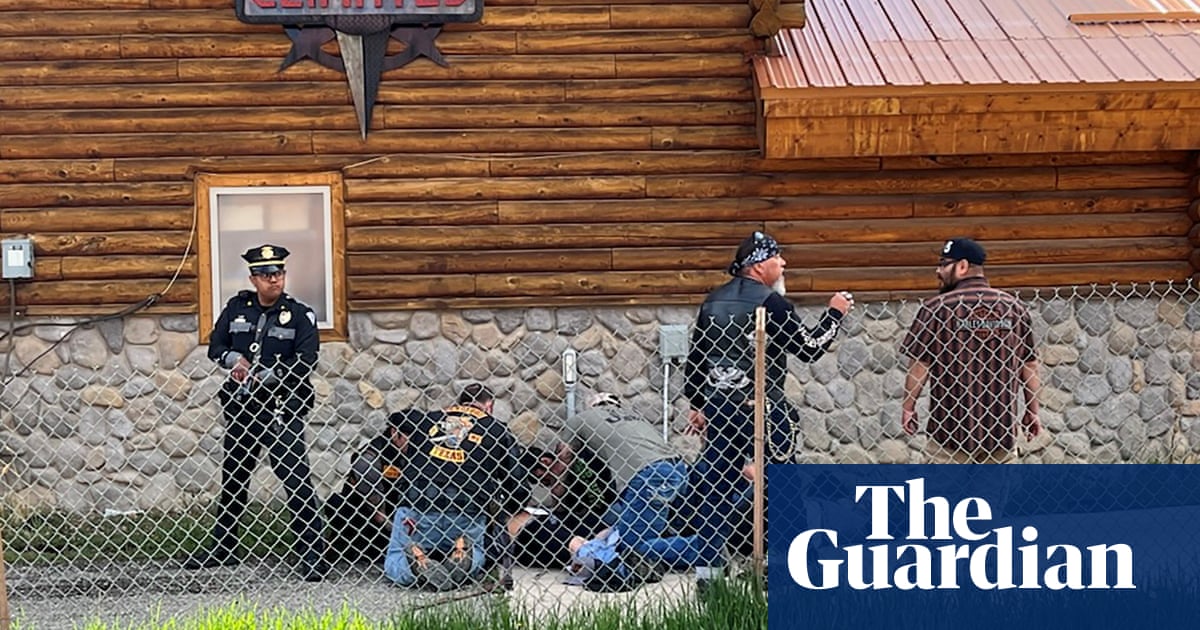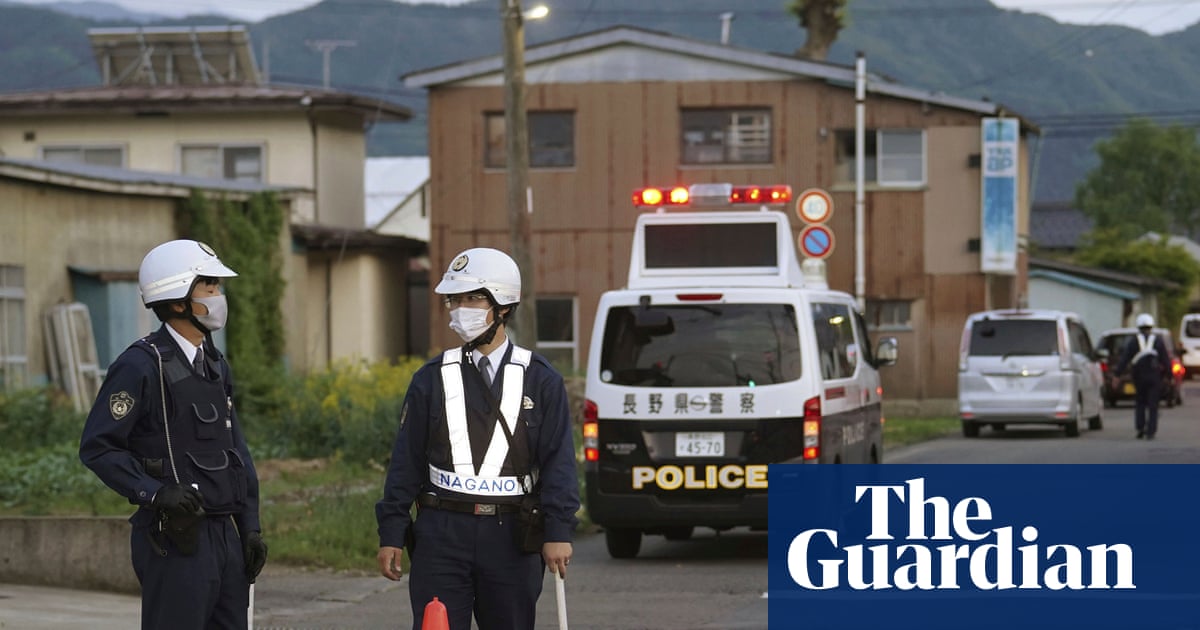
Clashes have erupted in Paris after three people were killed in a shooting at a Kurdish cultural centre that the French government said appeared to have been racially motivated.
French media reported that a 69-year-old man opened fire on a group of people at the Ahmet-Kaya centre on Rue d’Enghien in the 10th arrondissement on Friday morning. Shots were also fired at a hairdresser’s and a restaurant in the street. Three people have been wounded, one critically.
Prosecutors said police detained the alleged gunman, who had previous convictions for assault and possession of an illegal weapon, and seized a weapon within minutes of the shooting. He was wounded in the face and taken to hospital.
Laure Beccuau, the Paris prosecutor, said in a statement that one woman and two men had died in the attack, and three men had been wounded. “There is no evidence at this stage to link [the suspect] to any extremist ideological movement,” she said.
Emmanuel Macron said in a tweet that “the Kurds of France” had been “the target of a vile attack in the heart of Paris”. The French president said his thoughts were with the victims, the wounded and their families, and thanked the police.
Le Monde said the victims were all members of the Kurdish community and had died inside and in front of the cultural centre. A centre spokesperson, Agit Polat, accused French authorities of “once more failing to protect us … For us, this is a terrorist attack.”
Several hundred Kurds gathered outside the centre and in the streets nearby on Friday afternoon in protest at the shootings, clashing at times violently with security forces, throwing rocks and setting fire to rubbish bins. Police responded with teargas and 11 officers were wounded, police said.
A further demonstration by Kurdish organisations in France is planned, at the capital’s Place de la République on Saturday.
In January 2013, three Kurdish female activists, including Sakine Cansız, a co-founder of the Kurdistan Workers’ party (PKK), were shot dead at a Kurdish information centre near the cultural centre. Their suspected killer, Ömer Güney, a Turkish national, died of a brain tumour in a Paris hospital in 2016 before his trial.
The French interior minister, Gérald Darmanin, said at the scene of Friday’s shooting that it was “not certain … the gunman was specifically targeting the Kurdish community”, but more likely “foreigners in general”. More should be known about his motives after he had been questioned by police, Darmanin said.
Beccuau said the man, reportedly a retired train conductor, had been released from jail on 12 December on strict conditions after serving a year’s pre-trial detention, the maximum allowed by the law. French media said he was awaiting trial for a sword attack on migrants.
Two Sudanese men needed hospital treatment for their wounds after that December 2021 attack, on a camp in the 12th arrondissement, according to reports. The man slashed six tents with a sword before being overpowered, the NGO Utopia56 said.
The Paris prosecutor also said the man had been convicted twice previously: in 2016, for attempted manslaughter, and in 2017 for illegal possession of a weapon. Le Parisien cited an unnamed police source as saying he told officers during his arrest on Friday he “did not like Kurds”.
An investigation had been opened for murder, voluntary manslaughter and aggravated violence, Beccuau said, adding that a possible racist motive would “obviously be part of the investigation”.
The Paris mayor, Anne Hidalgo, said psychological assistance would be made available to people affected by the incident.
One witness, a shopkeeper in the street, told Agence France-Presse that seven or eight shots had been fired. “It was just complete panic – everyone locked themselves in,” the woman said.
The owner of a restaurant in the street said they had seen “an old white man enter the cultural centre and open fire. Then he went into the hairdressing salon next door.”
A Kurdish activist, Murat Roni, said the cultural centre was “like a Kurdish embassy in Paris … a meeting place for cultural events, political discussions, help with immigration procedures – a building where all Kurds could meet”.
France experienced a string of deadly attacks by Islamic extremists in 2015 and 2016, and remains on alert for terrorism-related violence.












